México/ 27 de Abril de 2016/Coecyt
El Consejo Estatal de Ciencia y Tecnología del estado de Coahuila (Coecyt) tiene el objetivo de lograr la divulgación y difusión de la ciencia y tecnología en toda la entidad y no limitarse únicamente a la capital del estado o a los grandes centros urbanos.
La cultura científica no es un fenómeno que se desarrolle de forma sencilla en la sociedad, para la doctora Vanessa Martínez Sosa, coordinadora de Desarrollo Científico, Tecnológico e Innovación del Coecyt Coahuila, es muy importante el enfoque que se da a la cultura científica, más allá de un resultado de la divulgación de la ciencia. “En el Coecyt Coahuila lo entendemos como un fenómeno multidimensional complejo que en el mismo sentido puede expresarse en diferentes actividades que comprenden que las personas tengan conocimientos científicos, conozcan la importancia de la ciencia, tecnología e innovación en la vida cotidiana, pero también puedan ser críticos a la actividad científica, los avances de la ciencia y tecnología, que puedan sobre todo tomar decisiones informadas”.
 La importancia de descentralizar la ciencia y la tecnología en los estados es una tendencia mundial, así lo señala la licenciada Claudia Farías Martínez, coordinadora de Vinculación y Difusión del Coecyt Coahuila.
La importancia de descentralizar la ciencia y la tecnología en los estados es una tendencia mundial, así lo señala la licenciada Claudia Farías Martínez, coordinadora de Vinculación y Difusión del Coecyt Coahuila.
“La globalización hace que todos estemos interconectados y tengamos que conocer de todos los temas, no solo la gente de la capital y de pequeños municipios, no. La gente tiene interés de por qué pasan las cosas, la capacidad de asombro siempre está”.
Agrega que en la sociedad actual, los ciudadanos deben tener pleno conocimiento y apropiación de los avances científicos de su región. “Lo importante es que la gente lo conozca, se apropie de ese conocimiento y, de verdad, se despierte la pasión por la cultura científica y educativa. No nos sirve de nada tener un centro de investigación y que nadie conozca qué se hace ahí o que nadie sepa la importancia del trabajo de los científicos”.
Divulgar y difundir la ciencia y la tecnología en México es un reto complicado, el Consejo Nacional de Ciencia y Tecnología (Conacyt) a partir de la Estrategia Nacional para Fomentar y Fortalecer la Difusión y Divulgación de la Ciencia, la Tecnología y la Innovación en las Entidades Federativas ha hecho grandes esfuerzos para llevar la cultura científica hasta el último rincón del país, Coahuila no ha sido la excepción.
La doctora Martínez Sosa comenta al respecto: “Es un desafío al interior de cada estado descentralizar las actividades de las capitales o de los grandes centros urbanos, sobre todo uno tan grande como Coahuila”. A pesar de las dificultades que implica buscar la descentralización de la ciencia en Coahuila, se han obtenido buenos resultados a partir de diversas actividades realizadas de acuerdo con el contexto regional.
Estadísticas y proyectos exitosos
En 2015, Coecyt Coahuila buscó llevar la ciencia y tecnología a la mayor cantidad de municipios posibles mediante la Estrategia Nacional para Fomentar y Fortalecer la Difusión y Divulgación de la Ciencia, la Tecnología y la Innovación en las Entidades Federativas, tomando como punto de partida los subproyectos Apropiación Social de la Ciencia, Tecnología e Innovación y la 22a Semana Nacional de Ciencia y Tecnología.
A pesar de ser subproyectos establecidos a nivel nacional, el Coecyt Coahuila realizó y adaptó diversas actividades al contexto social y geográfico del estado. A continuación se presentan algunos de los resultados según el informe del Coecyt Coahuila.
Las actividades del subproyecto Apropiación Social de la Ciencia, Tecnología e Innovación atendieron en 2014 a ocho mil 878 participantes; para el 2015 la meta era de 16 mil, sin embargo, se superó al llegar a 40 mil 92 participantes, con un incremento de 2014 a 2015 de 352 por ciento. Coahuila tiene 38 municipios y el número de municipios atendidos pasó de 27 en 2014 a 34 en 2015.
Entre los eventos más destacados se encuentran el diplomado de comunicación de la ciencia, la fase Coahuila de la Feria Nacional de Ciencias e Ingenierías que arrojó el proyecto Renovalact del Colegio de Estudios Científicos y Tecnológicos del Estado de Coahuila (Cecytec) Laguna del Rey, municipio de Ocampo, quienes además de ganar el primer lugar dentro de la fase nacional, obtuvieron su pase para participar en la fase internacional que se llevará a cabo en Phoenix, Arizona en julio de 2016 representando a México.
 También se realizaron actualizaciones al ómnibus de la ciencia y el planetario móvil, talleres de ciencias para niños, interfaces móviles y las exhibiciones itinerantes en las que participaron nueve mil 344 personas como visitantes, provenientes de 24 instituciones.
También se realizaron actualizaciones al ómnibus de la ciencia y el planetario móvil, talleres de ciencias para niños, interfaces móviles y las exhibiciones itinerantes en las que participaron nueve mil 344 personas como visitantes, provenientes de 24 instituciones.
Dentro de las actividades mencionadas, existen varias que implican fuerte cantidad de movilización a lo largo del estado, lo que conlleva gran cantidad de recursos logísticos y económicos, sobre su importancia la doctora Martínez Sosa comentó: “Vamos a pensar en los municipios pequeños que tienen de dos mil a 20 mil habitantes, esos niños nunca habían tenido la oportunidad, hasta que llegaron esas interfaces móviles, de ver una película en tercera dimensión, usar pantallas interactivas con juegos didácticos, jugar con un robot que obedece órdenes. Entonces es una oportunidad invaluable para que podamos llegar a esos pequeños municipios e incluso ejidos para que los niños tengan estas opciones”.
En el mismo sentido, la licenciada Farías Martínez narró: “Las interfaces móviles han llegado a casi todos los municipios, la gente que lo opera se queda con una satisfacción enorme de ver cómo los niños van a ellas por la escuela y regresan por la tarde con sus papás, ya que son lugares pequeños que no tienen otra oportunidad de acercamiento a la ciencia”.
En lo que se refiere al subproyecto de la 22a Semana Nacional de Ciencia y Tecnología, las principales actividades que realizó el Coecyt Coahuila fueron el evento Mega tendencias de la innovación al emprendimiento, exposición de proyectos de ciencia, tecnología e innovación para niños y jóvenes que se realizó en la Infoteca Central de la Universidad Autónoma de Coahuila, con un total de 665 asistentes, participaron 25 escuelas con 28 proyectos para concurso y 10 proyectos en exhibición.
También se realizó el encuentro de proyectos de innovación de jóvenes investigadores de la región Laguna, en el que participaron 62 proyectos en formato de prototipos de creatividad, inventiva e innovación. Fueron presentados por estudiantes de nivel superior, de 11 instituciones educativas y 794 asistentes, además del laboratorio de ciencias para educación básica.
Dentro del Programa de Difusión mediante la planeación, organización, realización y vinculación de instituciones de educación básica, media y superior, universidades tecnológicas, centros de investigación, museos, bibliotecas, dependencias de gobierno y empresas, entre otros grupos, se logró la realización de mil 243 actividades, alcanzando una cobertura de 202 mil 791 personas atendidas, 38 mil 149 en nivel preescolar, 43 mil 936 nivel primaria, 59 mil 502 nivel secundaria, 47 mil 227 nivel bachillerato y 18 mil 289 personas de público en general.
“Las actividades de la semana nacional se llevaron a cabo durante todo el mes de octubre y como elemento muy importante se logró una cobertura de 34 de los 38 municipios de Coahuila con múltiples sedes”, puntualizó la doctora Martínez Sosa.
Actividades a futuro
A pesar de tener cobertura en la mayoría de los municipios de la entidad, el Coecyt Coahuila tiene contemplado continuar con estas actividades, se actualizarán contenidos, las interfaces móviles realizarán su recorrido por el estado y se llevará a cabo la remodelación del ómnibus de la ciencia.
“Lo nuevo que tenemos en Coahuila para el 2016 es la remodelación del ómnibus de la ciencia que se va a llamar COH2O, va a ser un laboratorio itinerante, no un museo, un laboratorio en el cual los estudiantes puedan aprender contenidos acerca de la importancia del agua y su cuidado, inicialmente recorrerá la región sureste del estado que consta de cinco municipios”.
En cuanto al esfuerzo logístico y económico que implica recorrer el estado, la licenciada Farías Martínez comenta: “Tenemos actividades y queremos que la gente las conozca, que la gente se entere, que la gente se interese en querer participar, es para bien de todos. Una cultura científica que queremos poner en los niños y que ellos piensen un día en ser científicos, acercarlos a esos temas, poner un granito de arena”.
Para finalizar, al cuestionar sobre el mayor logro de la estrategia de fomento y descentralización de la cultura científica en Coahuila 2015, la doctora Martínez Sosa dijo: “Queda la satisfacción de ver la cara de los niños que tienen esas herramientas de comunicación de la ciencia. Es una satisfacción que se esté logrando el objetivo de fomentar la cultura científica”.
Fuente: http://conacytprensa.mx/index.php/sociedad/politica-cientifica/6746-estrategia-de-fomento-y-descentralizacion-de-la-cultura-cientifica-en-coahuila-consejo-estatal-de-ciencia-y-tecnologia-de-coahuila-coecyt-saltillo
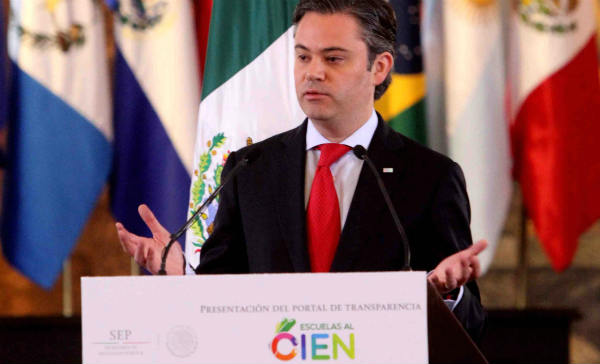
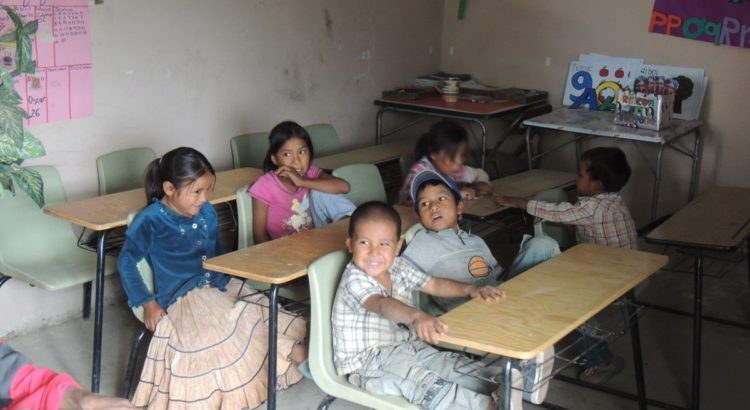


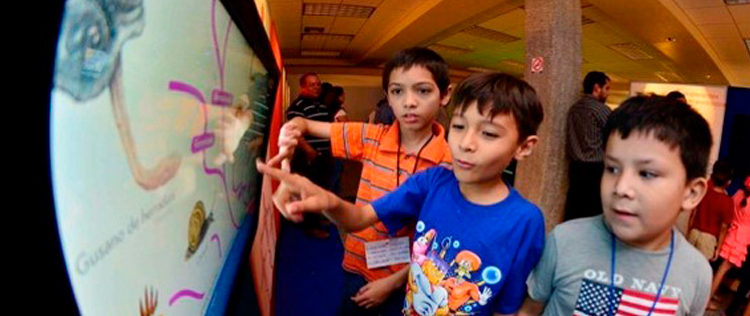
 La importancia de descentralizar la ciencia y la tecnología en los estados es una tendencia mundial, así lo señala la licenciada Claudia Farías Martínez, coordinadora de Vinculación y Difusión del Coecyt Coahuila.
La importancia de descentralizar la ciencia y la tecnología en los estados es una tendencia mundial, así lo señala la licenciada Claudia Farías Martínez, coordinadora de Vinculación y Difusión del Coecyt Coahuila. También se realizaron actualizaciones al ómnibus de la ciencia y el planetario móvil, talleres de ciencias para niños, interfaces móviles y las exhibiciones itinerantes en las que participaron nueve mil 344 personas como visitantes, provenientes de 24 instituciones.
También se realizaron actualizaciones al ómnibus de la ciencia y el planetario móvil, talleres de ciencias para niños, interfaces móviles y las exhibiciones itinerantes en las que participaron nueve mil 344 personas como visitantes, provenientes de 24 instituciones.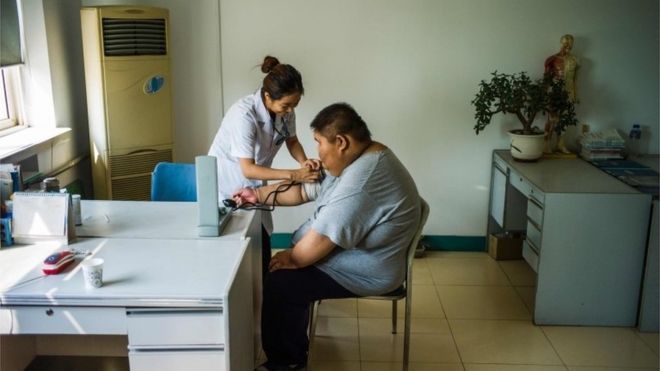
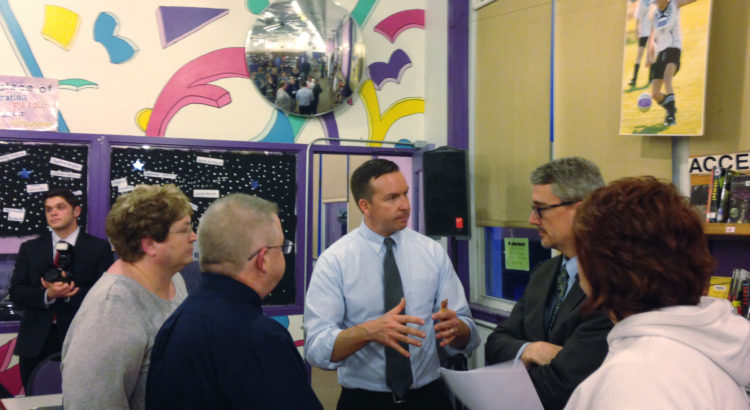






 Users Today : 105
Users Today : 105 Total Users : 35461186
Total Users : 35461186 Views Today : 263
Views Today : 263 Total views : 3421095
Total views : 3421095